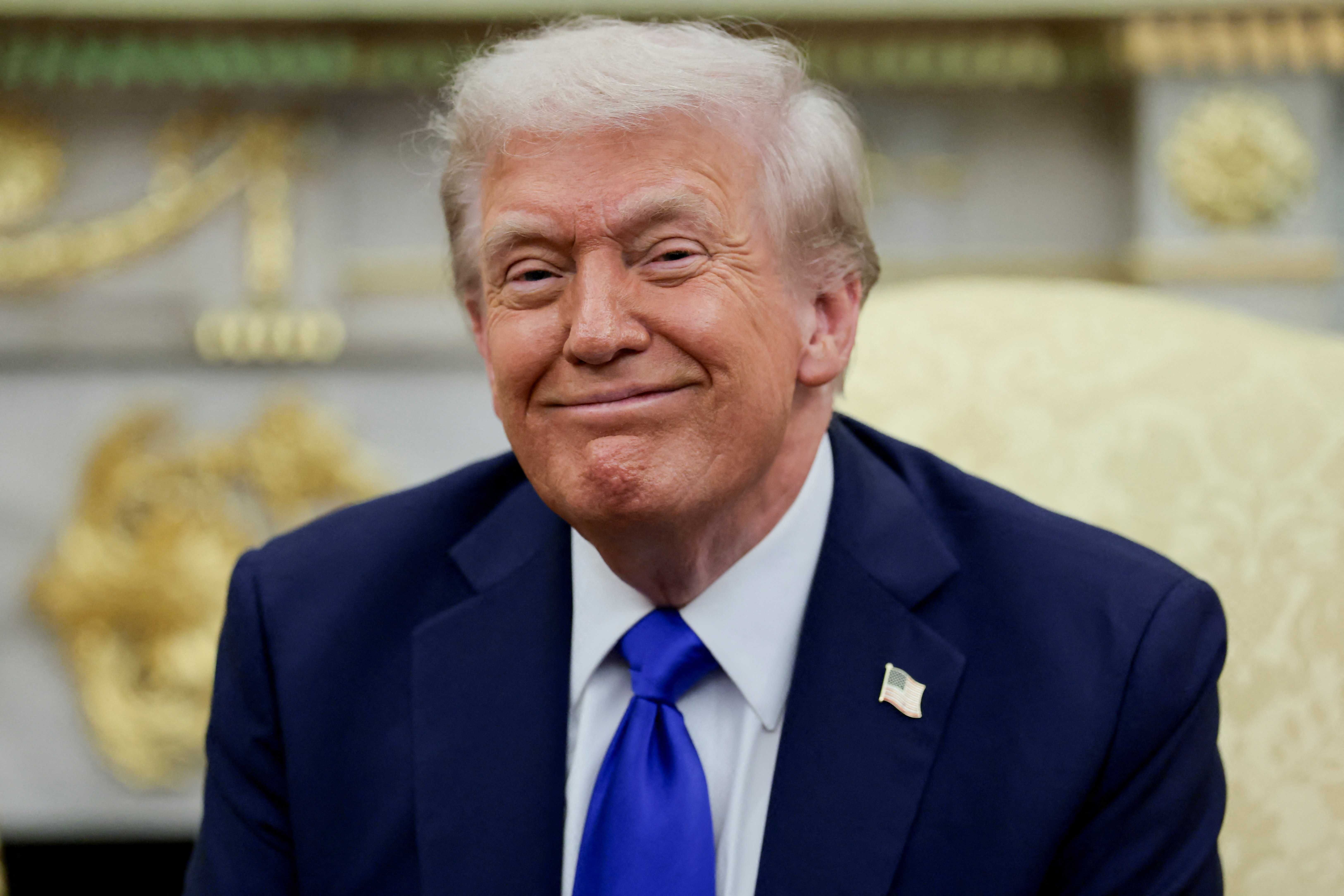Legal commentator Mark Joseph Stern said Friday President Donald Trump is attempting to use a broad and rarely effective provision of federal law – the Federal Tort Claims Act (FTCA) – as a mechanism to extract nearly $230 million from the Department of Justice, (DOJ) essentially paying himself through the taxpayer-funded coffers of the U.S. government.
During a podcast on Slate, Stern noted that Trump is filing a claim under the FTCA, arguing that investigations conducted by the DOJ violated his rights under Florida tort law – specifically rights against “intrusion upon seclusion” and “malicious prosecution."
Under Trump's theory, the government (via the DOJ) must compensate him for those alleged violations. Stern called the move “astonishingly audacious,” and warned that it seeks to turn the FTCA’s intent on its head.
The FTCA was designed to allow victims of certain tortious misconduct by federal employees to recover damages from the government when the government would be liable if it were a private person. But as Stern emphasised, the statute contains a “massive escape hatch” known as the discretionary-function exception: liability is barred for claims “based upon the exercise or performance or the failure to exercise or perform a discretionary function or duty of a federal agency or an employee thereof, whether or not the discretion involved be abused.”
Stern argued that Trump’s case is almost certainly blocked by that exception.
Investigations and prosecutions by the DOJ are quintessentially discretionary functions – policy-based decisions by federal actors in their enforcement roles.
Stern said that while there are narrow situations where the exception might not apply (for example, when a specific statute or regulation mandates a particular action), here the claim is rooted in a sprawling investigatory decision, which falls squarely within what the exception shields.
The commentator contended that Trump is seeking to “monetize” his own legal exposure by treating the DOJ’s investigative decisions – decisions that are classic hallmarks of discretionary governmental action — as if they were negligent torts ripe for compensation.
